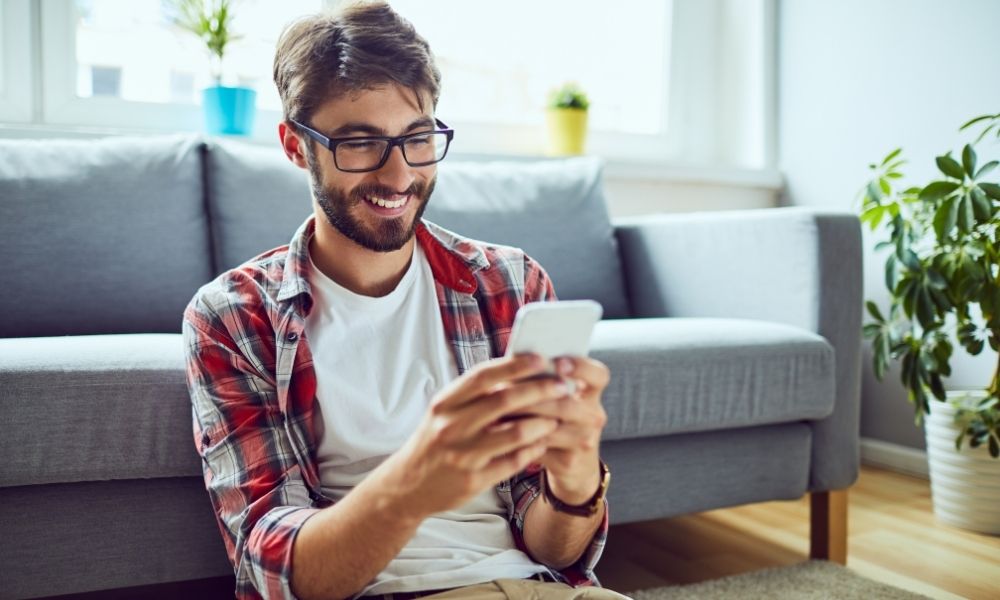For personal and public safety reasons, health professionals have prompted folks to stay inside and interact with as few people as possible. Many people who thrive on social interaction have struggled with this advisory. There are too many mental health benefits of staying connected to give up socializing entirely. Luckily, in the digital era, there are numerous ways to stay in touch with the ones we love without putting anyone in danger. Utilize social advances in technology to reap the mental health perks of togetherness.
Experiencing Loneliness? You’re Not Alone
Research has exposed the unfortunate truth that loneliness is on the rise. In spite of the variety of social media, feelings of isolation have risen dramatically in the United States. Very few Americans feel that they have a confidant in their life to offer them support. These emotions make up a few of the leading reasons people are seeking professional mental health counseling and psychological evaluation.
Physical Effects
The negative feelings associated with loneliness can also have effects on our bodies. It can increase our body’s production of cortisol, the hormone related to stress. Too much of this hormone can impair cognitive function and compromise your immune system. It can also cause inflammation in the body and an increased risk of vascular problems and heart disease.
Promote and Prevent
Tackling negative mood shifts and feelings of isolation is no easy feat. However, your body and mind will find it is worthwhile. Feelings of connectedness lead people to have lower levels of depression and anxiety. We can promote our self-esteem and build empathy by having higher quality interactions with others.
So, how do we reap the physical and mental health benefits of staying connected during a pandemic? Utilize your tech resources to keep in touch with those you love. A brief phone call with a friend or video chat with a distant family member can have more of an impact than you think.
Subjective Connection
For all of the introverts reading this, we have good news. Feeling connected is not about the number of friends you have on social media or how many people you hang with. A sense of connection is subjective because it comes from within. Shifting our mindset through meditation and mindfulness can improve our connection with others, regardless of the number of people around us.
It is important to have autonomy over the things you can control, like your state of mind. To feel less isolated or lonely, immerse yourself in practices that are beneficial to physical and mental health. Improving your relationships while keeping social-distancing protocols in mind can have some long-lasting advantages for your well-being.














